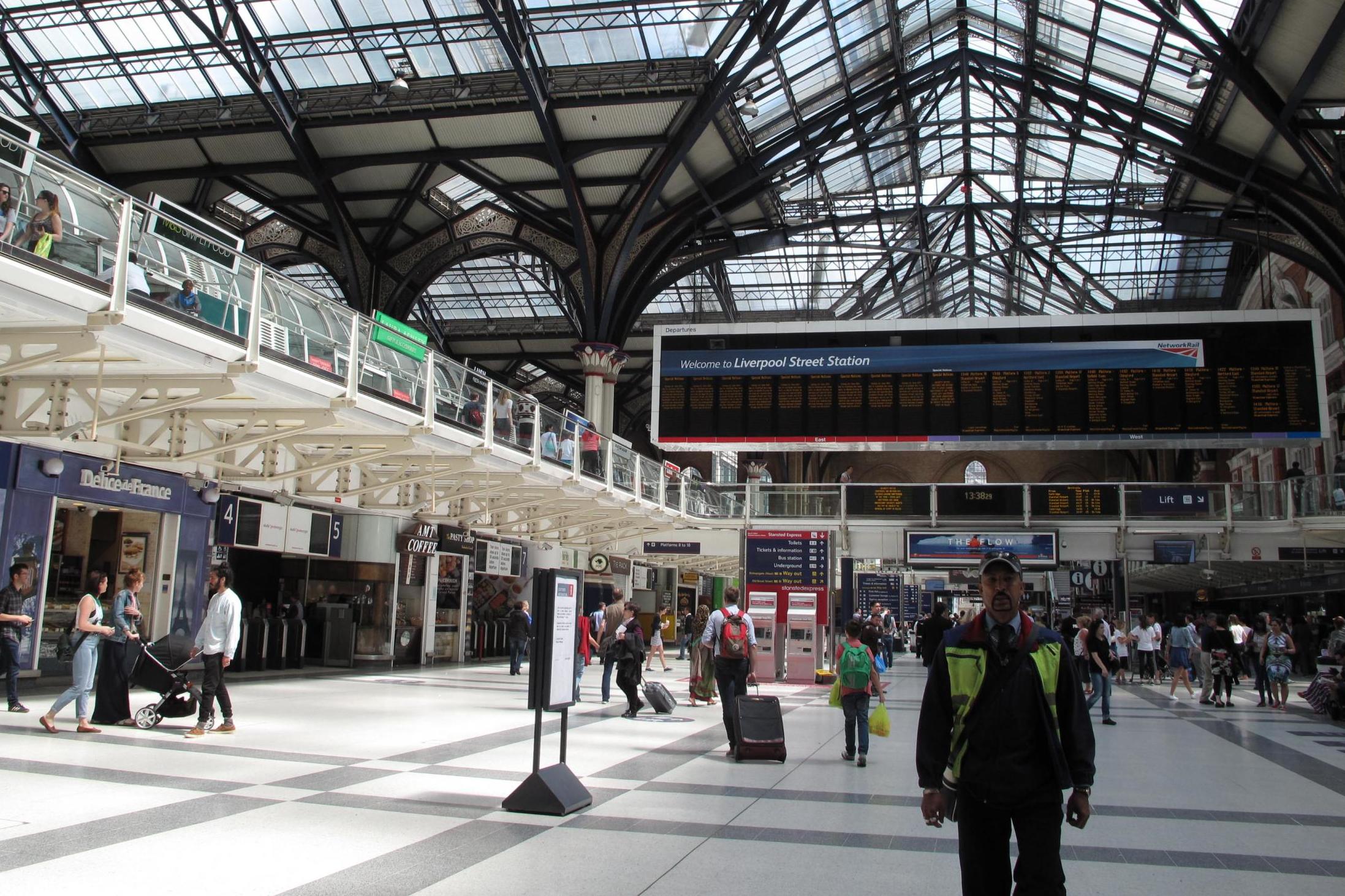Coronavirus: ‘Homeless’ man charged for being outside ‘without reasonable excuse’ under lockdown law
Judge questions decision to prosecute under law that does not apply to homeless people
A man who claims to be homeless has been charged with being outside “without reasonable excuse” during the coronavirus lockdown.
Sultan Monsour, 45, faces trial after pleading not guilty to an offence under the Health Protection (Coronavirus) Regulations.
They make it illegal for anyone to “leave or be outside of the place where they are living without reasonable excuse”.
But the law states that the restriction “does not apply to any person who is homeless”.
A judge challenged the Crown Prosecution Service (CPS) over the charge during a hearing at Westminster Magistrates’ Court on Monday.
The court heard that Mr Monsour, of no fixed address, was arrested at London’s Liverpool Street station on 5 May.
Prosecutor Malachy Pakenham said he initially told police he lived in Stratford and was on his way home, before claiming he was homeless.
“He was seen at Liverpool Street station before, when he was travelling, and warned,” he added.
“The officer who warned him then saw him 10 days later and his patience ran out.”
District judge Alexander Jacobs asked: “Is it not a defence that the regulation doesn’t apply to a person who is homeless?
“If he is homeless then the charge ‘that he left the place he was living, namely no fixed address’ doesn’t make sense to me.”

Mr Pakenham replied: “He told police he had an address, which seems to satisfy the conditions.”
But the judge said that an account given by the arresting officer said he was “arresting him for breaching coronavirus conditions because he had no address”.
He told the defendant: “Mr Monsour, I’m inviting the prosecution to look at the charge again and make it plain how they put the charge against you.”
The prosecutor returned after an hour and said the CPS would be proceeding with the charges to trial.
The charge reads: “On 05/05/2020 at the entrance to Liverpool Street Station, London, during the emergency period, without reasonable excuse, other than as permitted by the regulations, [you] were outside of the place where you were living, namely no fixed address or refused to provide your address details.”
During the same hearing, Mr Monsour admitted possessing an offensive weapon – a claw hammer – in a public place during an unrelated incident at Stratford bus station in February and was fined £200.
He was granted unconditional bail until a case management hearing on 22 June.
A CPS spokesperson said: “We are very clear on what the regulations state around homelessness but believe, in this case, there is sufficient evidence to proceed. Details of the disputed facts will be heard in court in due course.”
It is one of several cases under coronavirus laws against people listed as “of no fixed address”, although the designation is also used for people who have not confirmed where they live.
Last month, a rough sleeper in Manchester had a charge of breaching the Health Protection Regulations withdrawn after the court was told it could not apply to homeless people.
The Manchester Evening News reported that John Wesley Brogan, 41, was convicted of being drunk and disorderly after verbally abusing police officers and hugging a member of the public.
“He says he was in the city centre looking for an outreach worker to help him find accommodation, however, he started drinking and things deteriorated from there,” said defence barrister Robert Moussalli.
There have also been several wrongful convictions under the separate Coronavirus Act 2020, which can only apply to “potentially infectious persons”.
The Liberty human rights organisation said the lockdown regulations were “too broad”.
“This is the latest case of blunt police powers and confused guidance leading to perverse decisions from authorities, at a time of increased anxiety for all of us,” said policy and campaigns manager Sam Grant.
“The regulations must be clarified and limited to prevent even more confusion and injustice. Homelessness is not a lifestyle choice, it’s poverty.”

